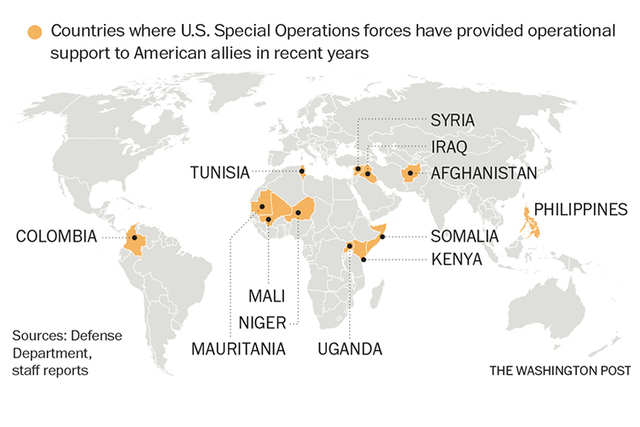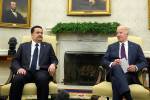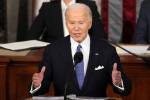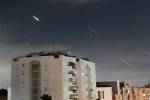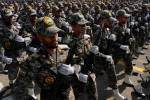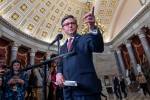Obama plans to expand U.S. Special Operations forces in Syria
HANOVER, Germany - President Obama outlined plans Monday to bolster U.S. Special Operations forces in Syria, raising their number to as many as 300 troops in a move he said was needed to keep pressure on the Islamic State.
The president noted gains made by the current 50 special operators in missions to advise and assist local forces batting the Islamic State, which holds territory in Syria and Iraq.
“Given the success, I’ve approved the deployment of up to 250 additional U.S. personnel … to keep up this momentum,” Obama said in a speech that also focused broadly on European issues.
Obama emphasized that the new troops are “not going to be leading the fight on the ground” but that they would work with local forces.
The expanded U.S. military presence in Syria is aimed in part at helping to expand the ranks of Arab fighters in a network of groups, now dominated by Kurdish fighters, that the United States is backing as it battles the Islamic State. The additional U.S. forces work with Kurdish militiamen and others as they seek to isolate Raqqa, the Islamic State’s de facto capital in Syria.
“So make no mistake, these terrorists will learn the same lesson as others before them have, which is your hatred is no match for our nations, united in the defense of our way of life,” Obama said in Hanover at the end of a trip that included talks in Saudi Arabia and Britain.
The president also pledged to continue pressing hard on diplomatic efforts to end Syria’s civil war, because “the suffering of the Syrian people has to end, and that requires an effective political transition.”
The decision to increase the number of Special Operations forces in Iraq and Syria was made this month. Defense Secretary Ashton B. Carter announced an additional 200 troops for Iraq during a visit to Baghdad last week.
Obama also has authorized U.S. commanders in Iraq to use Apache attack helicopters and deploy American advisers with lower-level Iraqi units to assist local troops in a future offensive to reclaim the city of Mosul. U.S. officials think those measures will enhance the effectiveness of Iraqi troops, but they also will expose U.S. forces to greater risk.
The increase is part of an overall acceleration in the fight against the Islamic State. Despite a string of what the administration has described as successes - including territory reclaimed from the militants in Iraq and Syria and the severing of supply and communication lines between Islamic State forces in the two countries - some aspects of the conflict have gone more slowly, or have been less successful, than anticipated.
Although Iraqi military forces, backed by U.S. air power and other enhancements, retook the city of Ramadi early this year, plans to move toward Mosul, in northern Iraq, have dragged as the Baghdad government contends with economic and political difficulties, and the melding of Iraq’s Sunni, Shiite and Kurdish military forces into a unified offensive force has proved problematic.
The Iraqi military also continues to struggle with issues of morale, leadership and logistics.
In an interview last week with CBS News, Obama said he thought preparations for the Mosul offensive - what the military calls “shaping” operations to surround and weaken Islamic State forces there - should be finished this year and allow the “eventual” retaking of the city.
The plan to move toward Raqqa follows last year’s successful northern Syria offensive that was led primarily by Kurdish forces, aided by U.S. airstrikes, with some support from a group of Sunni opposition fighters the United States has been struggling to support. Raqqa, farther to the south, is a Sunni city that Kurdish forces are not eager to move toward and where they would not be welcome.
A promising, partial cease-fire in the fight against Syrian President Bashar Assad has seriously frayed in recent weeks, sparking renewed fighting in the northwest region near the Turkish border and complicating administration plans to begin air operations in aid of an opposition attempt to stop an Islamic State advance in that area.
Speaking to reporters late last week after a visit to Iraq, Gen. Joseph F. Dunford Jr., the chairman of the Joint Chiefs of Staff, said Obama had not at that point made a decision to send the additional troops to Syria. But he said the president had promised to consider granting more resources as plans came together for advancing Syrian forces’ campaign against the Islamic State.
“It’s linked to our partners on the ground, in supporting our partners on the ground and their continued operations,” he said.



